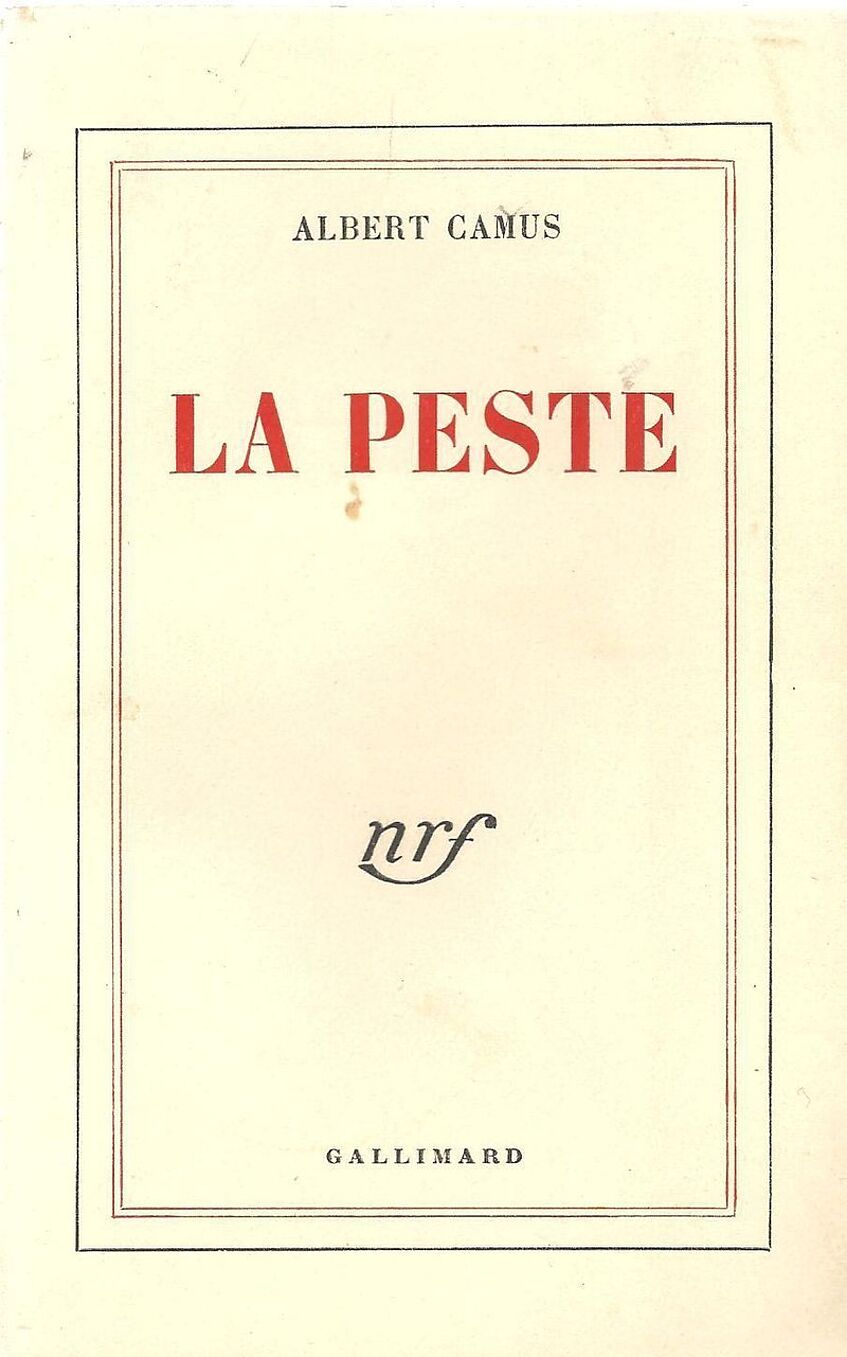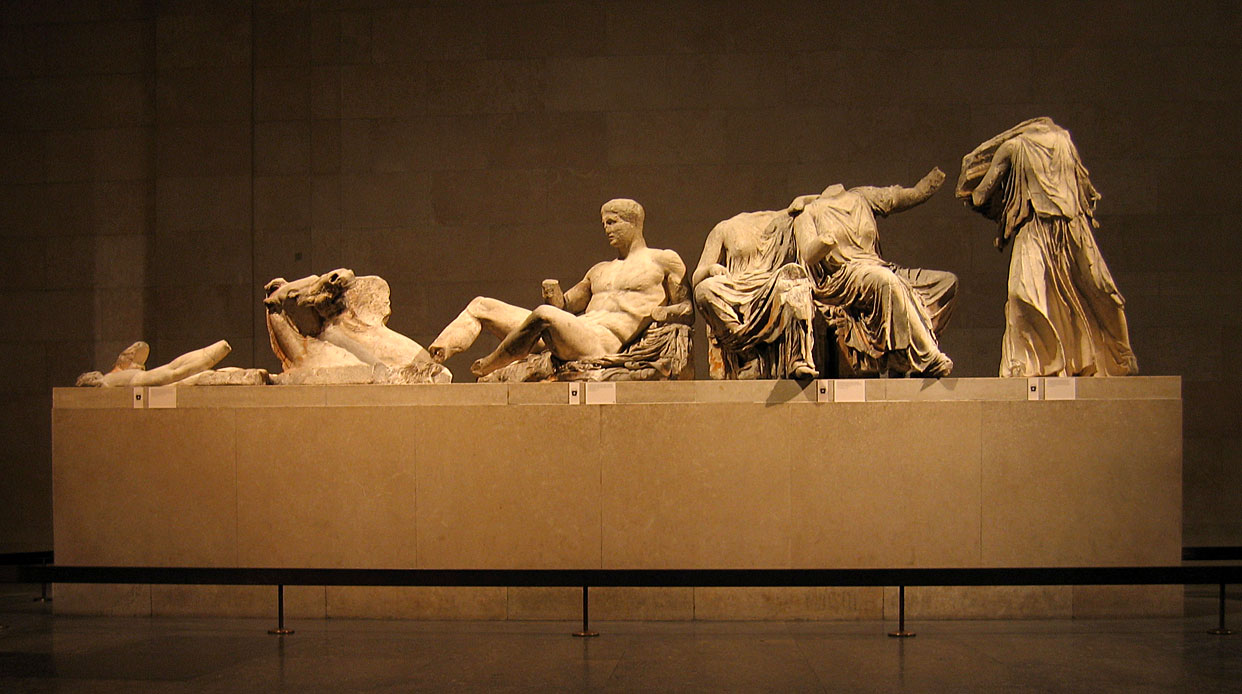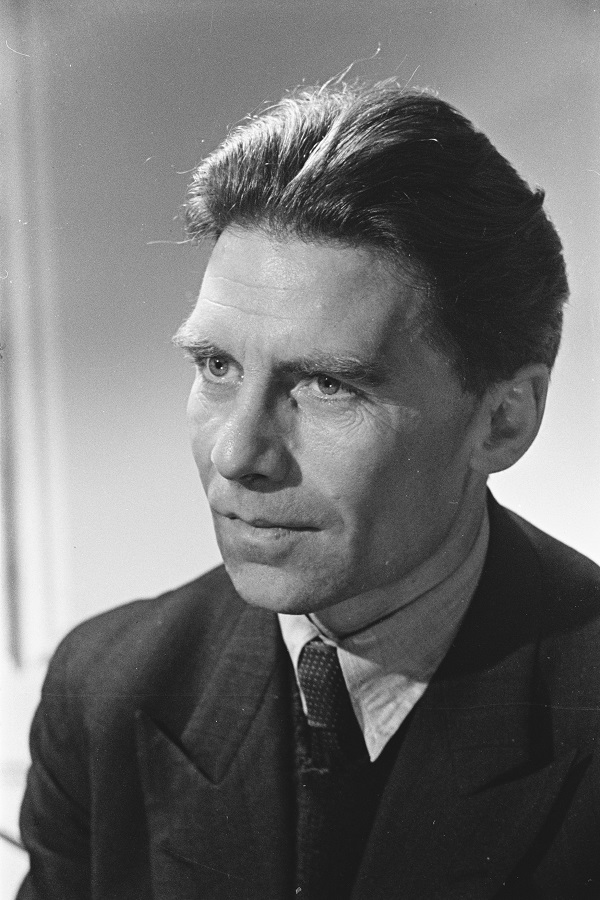A. Den Doolaard and a remarkable case of pandemic literature in translation
Bohovia sa vracajú (The Gods Will Return Home) in Slovak translation
This cluster focuses on a book that deals with a pandemic and recently received some (although modest) renewed attention in the Dutch language area due to the Covid-19 pandemic: de Goden gaan naar huis (the Gods will return home) by A. den Doolaard. The book was also translated into Slovak in 1974 by Júlia Májeková. After the Second World War, den Doolaard's works appeared only in reprint in Czech, whereas only this novel was translated into Slovak. The consequences of space travel, where American astronauts cause a pandemic upon their return from a Mars mission, was found to be a fruitful theme in the kind of "desired" literature during the Communist regime. Yet even this novel did not escape strict censorship. What makes this novel special is that both the author himself and the edition made interventions in the text. It is shown that although the literature was thematically approved by the regime, editing still allowed intervention in both source and target texts, therefore creating some unique evidence of manipulation in translation due to translation ideology and the official state ideology of socialist realism.
Literature about the pandemic in the Dutch speaking language area
Last year we found ourselves in a pandemic, accompanied by lockdowns that had a profound impact on many people's lives. In a reaction to being locked up, literary life also began to propagate and reread works reinvigorated by the media around lockdowns, infections, quarantined epidemics and pandemics. To illustrate this, Albert Camus' La Peste (The Plague), a 1947 novel, once again landed among the best-selling novels of last year, according to publishers (Flood, 2020).
The Dutch language area was not left behind either. Various media presented book tips: the website of the Flemish national television also published ten book tips with both international, such as the famous Plague, Boccaccio´s Decamerone but also Dutch literature (Lonbois, Vergeyle 2020). On the blog neerlandistiek.nl, some academics began writing letters to Dutch Prime Minister Mark Rutte and recommending books for him to read in quarantine, with Petra Boudewijn able to recommend Wytske Versteeg's 2015 novel Quarantaine (Boudewijn 2020). On that same blog, the Leuven literary scholar Thomas Pierrart wrote four tips for recent and less recent Dutch-language pandemic literature in addition to an introduction with a resumé of international tips for corona literature (Pierrart 2020). Among these four tips is the book that is at the centre of this cluster: de Goden gaan naar huis (the Gods will return home) by A. den Doolaard from 1966.

De Goden gaan naar huis (the Gods will return home) contextualized

The period in which the novel appeared and the historical events surrounding the race to space between the Americans and the Soviets and the historical events surrounding the Greco-British dispute regarding the Elgin Marbles of the Parthenon exhibited in the British Museum (recently again in the media, so this is also a topic that never gets old) and a global pandemic have lost almost no ties to the actual times and clearly provided a reason to translate the novel into Slovak during the period of the communist regime.
A. Den Doolaard (synonym for Cornelis (Bob) Spoelstra) is known in Dutch literature as the author who has thematically written the most about Yugoslavia (see the clusters about Serbian literature). More than half of his oeuvre are stories set in the Balkans, a large part of these stories therefore are also based on experiences, anecdotes and encounters with the people living there. Dolen also means to wander and thus his pseudonym indicates a posture focused on restlessness and constant travelling. Den Doolaard worked professionally as a correspondent for various newspapers. Den Doolaard was a fierce traveller, reporting about his travels, so in the Dutch newspaper database Delpher quite some of his reports are to be found.
The Gods will return Home is a society-critical novel set in an indeterminate year somewhere between 1970 and 2000, according to the paratext (den Doolaard 1967); the author himself warns against anachronisms. The setting constantly changes between London, Greece, the United States, outer space, and eventually the entire world during the pandemic in the second part. The Gods in the title refer to the statues of the Parthenon that were brought to Britain by the ambassador Lord Elgin (and where they are still on display today in London's British Museum), something that the main character, archaeologist Nikos Grammatikakis wants to reverse. The second storyline is a mission of American astronauts to Mars, which Nikos' brother Kostas reports about in his newspaper as a science journalist with special fascination for outer space. The mission to Mars is ultimately successful, however, already during the flight the co-workers at the Space center in Houston notice that the astronauts are remarkably indifferent about their experience. As a result, they suggest that the astronauts go into quarantine for a while after a safe landing, but this does not happen because they have to make an emergency landing and end up at a resort. The symptoms of lethargy and indifference prove contagious and in some extreme cases cause fever and deaths. The pandemic spreads throughout the world. Eventually, a Greek and Indian virologist attempt to develop a vaccine against this unknown Martian virus (den Doolaard 1967, Koevoet).
Den Doolaard himself looks back on this pandemic novel in Ogen op de Rug, Eyes on the Back (1971: 134-143). Here we find some interesting insights as to the motivation to write the novel and its genesis. It turns out that the possibility of bringing back an unknown virus from space was also discussed with a virologist whom he befriended, so den Doolaard did some research before writing. The last sentence in the book is also striking: 'We have lived among miracles, but we have not understood it.' (den Doolaard 1967: 439) This sentence and therefore the novel occupies an important place in den Doolaard's oeuvre, which is shown by the fact that these words are also carved on the author's tombstone in Hoenderloo (Koevoet). To shed more light on these last words he writes:
"I wrote this book 'At the behest of time'. A time when science is in danger of burying itself and a significant part of humanity under its results. Of those dangers the Mars virus is the symbol" (den Doolaard 1971: 141-142)
But what are the authors ties to Czechoslovakia? Indeed, there are some translations and travels to be found.
A. Den Doolaard and his ties with Czechoslovakia

Den Doolaard may have traveled extensively in the Balkans and especially in Yugoslavia during the interwar period, he did also visit Czechoslovakia. In the newspaper Soerabajisch Handelsblad of August 22, 1933, he published a travel report of his tour in Czechoslovakia, his experiences with the beautiful Prague, but also Bratislava and even Ždiar and the Tatra mountains, very vividly described. Engelbrecht (2022, in print) investigates the reception of Den Doolaard's translations. In the process, the Czechoslovak reader learns to know him as a "sincere friend of Czechoslovakia." His first translations into Czech were mediated by Vincy Schwartz, a literary agent who ensured that several translations from Dutch literature were translated into Czech (see also above Engelbrecht 2021: 144-145). Even after World War II he continued to travel to Czechoslovakia, where, according to Engelbrecht, he directly witnessed the Communist Party's seizure of power in 1948.
Eventually, in Czech, his novels Orient Express (1935, translated by Lida Faltová), De Grote Verwildering (The Great Wilderness, in 1937, also by Faltová, with reprint in 1946) and in 1964 Het verjaagde water (The Expelled Water, translated by Ella Kazdová). This last translation should have appeared around 1947, but due to troubles with paper scarcity, nationalization of publishing houses, and because translator Kazdová worked for a Catholic publishing house, which meant she was seen as a state threat, this translation could only appear during a period of cultural "thaw" (Engelbrecht 2022, in print). In addition to these three translations into Czech, den Doolaard was also translated into Slovak. De Goden gaan naar huis (The Gods will return home came out as Bohovia sa vracajú (1974) by the publishing house Slovenský spisovateľ and was translated by Júlia Májeková. The publishing of this work was on the contrary not in a period of thaw but after the so-called normalization under president Gustav Husák, where censorship was more strict and less tolerant.
Júlia Májeková, ideology, censorship and literary translation in Slovakia
Júlia Májeková had her career as a translator from Dutch into Slovak mainly in the period of the communist Czechoslovak regime, when not every work of a foreign author was considered to be “good” literature or beneficient to the ideology of socialist realism. In order to classify some main translation issues, Bednárová (2015: 33-34) describes some characteristic features of literature in translation from 1969 to 1980. In particular, there was a "best-sellerization" of well-selling titles, but likewise, older non-desirable authors sometimes disappeared from circulation, and from 1969 an independent union of Czechoslovak writers, which also included translators, emerged, whose goal was to renew the principles of socialist realism. From 1971 libraries, bookstores, and distribution centres were more strictly supervised as to what literature could or could not be distributed. Censorship was actively imposed. Bednárová also gives a character sketch of censorship (2015: 35 - 36). Preventive censorship determined in advance which authors would appear in the editions of the publishing houses, often in the form of autocensorship, for example, at Tatran publishing house, where Májeková was active, there existed a file box with foreign authors not desirable to be translated. Editing texts with, among other things, overly religious or erotic connotations, or politically undesirable passages, also occurred. Each publishing house had its own internal rules on this and it is often only from testimonies and diaries that one can learn how and in which texts interference occurred and to what extent.
In this sense, the author's copy of Májeková of the Gods will return Home contributes to revealing these practices of deleting passages.
The Slovak translation of De Goden gaan naar huis
In researching the translation of the novel, I used the copy of The Gods will return home that Júlia Májeková used to translate the book. As a whole, there are six passages omitted, we will show through illustrations. The copy used by the translator and edited by both the translator, the author and/or possible an editor at the publishing house is a third edition from 1967 and is marked with an ex libris of the translator (see illustration 1). The book itself contains several words and expression marked in pencil and translated into Slovak. This copy was donated by the translator Májeková to the University Seminary Library of Dutch Studies at the Philosophical Faculty of Comenius University where it can be freely consulted. It is remarkable, that this copy contains a manuscript by the author den Doolaard himself in German with "Vom Autor gekürzte Aufgabe für Č.S.S.R. Hoenderloo, Holland, Február 1973" (The issue has been shortened by the Author for the publishing in the Czechoslovak socialist republic. Hoenderloo, Holland, 1973) with the author's signature (see illustration). Unfortunately, no correspondence has been found between the translator and the author and it is also unclear why den Doolaard, although Májeková had sufficient command of Dutch, wrote here in German. It raises the question about their main language of correspondence. Also missing from the archives is the report from LITA, the organization that handled the translation rights into Slovak with the publisher, in this case Querido. Furthermore, some passages in the book have been deleted with his pen and some words rewritten or passages crossed out (see illustrations).
Den Doolaard himself writes in his looking back at books and contemporaries (1971: 141) "Perhaps the fierce debates between the two brothers occupy too much space in the beginning of the novel." It is therefore plausible that, when editing the novel for the Slovak translation, he would therefore simply completely delete the second chapter of the original, "Heraklion" (den Doolaard 1967: 35- 52) from his novel. In addition, several passages where the thoughts of the main character Nikos were described were indeed crossed out. I therefore assume that the author agreed to make some stylistic edits in his novel, in consultation with the translator. However, more passages were deleted in the edition than just those that were crossed out with pen. Some passages are especially critical of the former Soviet Union or the Eastern Bloc. As an illustration a picture of a passage on page 374 of den Doolaard (1967), where a nuclear disaster near Kharkov is mentioned in the Soviet Union, where Den Doolaard describes a cover-up operation (see illustration 2).
The Slovak edition of the novel (den Doolaard 1974) neatly states on the cover text that the translation is a "version corrected by the author from the original of the third edition" translated by Júlia Májeková (see illustration).
Some Questions
Some questions in this case remains to be answered, as we do not know if A. den Doolaard was aware of more modifications in his already adjusted version of his novel. It would also be nice to know the report written at the Tatran Publishing house why the work was recommended for publishing. It is however a revealing case that also Dutch literature was used for propaganda goals and adapted in the Slovak version.
(Benjamin Bossaert)
References
(This contribution is based on a research article A. Den Doolaard and a remarkable case of pandemic literature in translation - The Gods Will Return Home in Slovak translation. V: Czech and Slovak Journal of Humanities, Linguistica II, 2021, pp. 5-11. y. 11, ISSN (Print) 1805-3742
Bednárová, Katarína (2015). Rukoväť dejín prekladu na Slovensku II. (Situácia slovenského umeleckého prekladu v 20. storočí). Bratislava: Filozofická Fakulta Univerzity Komenského.
Engelbrecht, Wilken (2021). Van Siska van Rosemael tot Max Havelaar. Receptie van Nederlandstalige literatuur in Tsjechische vertaling, 1848-1948. Gent: Academiapress.
Engelbrecht, W. (2022). A. den Doolaard, een ‘oprechte vriend van Tsjechoslowakije’. In: Budimir et al. Liber Amicorum Jelica Novaković (to be published).
Den Doolaard, A. (1967) De Goden gaan naar huis. Third edition. First edition 1966. Amsterdam: Querido.
Den Doolaard, A. (1971). Ogen op de rug. Terugkijkend naar boeken en tijdgenoten. Amsterdam: Querido.
Den Doolaard, A. (1974) Bohovia sa vracajú. Translated by Júlia Májeková. Spoločnosť priateľov krásnych kníh. Bratislava: Slovenský spisovateľ.
Dvořákova-Žiaranová, Ružena (1991). Za Júliou Májekovou (in memoriam). In: Literárny týždenník, 4.6., p.2
Electronic references
Boudewijn, Petra (2020) Quarantaine voor Mark Rutte. https://neerlandistiek.nl/2021/01/quarantaine-voor-mark-rutte/ consulted 18 augustus, 2021.
Flood, Alison. (2020). Publishers report sales boom in novels about fictional epidemics. https://www.theguardian.com/books/2020/mar/05/publishers-report-sales-boom-in-novels-about-fictional-epidemics-camus-the-plague-dean-koontz consulted 18 augustus, 2021.
Koevoet, Albert. De Goden gaan naar huis. https://adendoolaard.nl/goden-gaan-naar-huis consulted 18 augustus, 2021.
Lonbois, Mathieu, Vergeyle, Joris. (2020) Van Camus tot Saramago: dit zijn de tien pandemieboeken die uw (corona)leven zullen veranderen. https://www.vrt.be/vrtnws/nl/2020/04/14/virusliteratuur-en-pandemiefictie-in-coronatijden/ consulted 18 augustus, 2021
Pierrart, Thomas. (2020). Pandemiefictie in tijden van corona. https://neerlandistiek.nl/2020/03/pandemiefictie-in-tijden-van-corona/ consulted 18 augustus, 2021.
